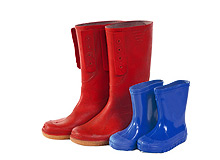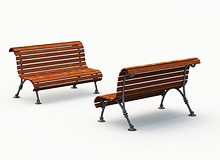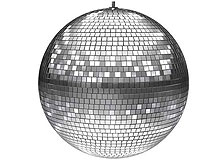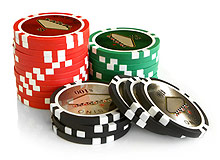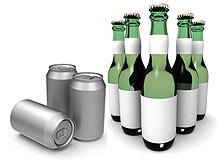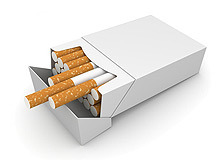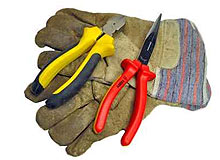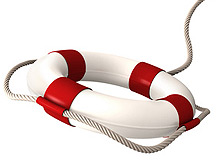There are no rules which define the specific ages for children, adolescents and teenagers. In general, these age ranges tend to be associated with the school career, as well as the process of maturation until the age of majority is reached, which is defined by law as the age of 18 years. In line with the school career, the following stages have been identified: childhood (Bambini/bambine), which typically goes from birth to the age of 10 (early or "first" childhood from 0-6; "second" childhood from 6 to 10), pre-adolescence (ragazzi/ragazze), which goes from the age of 11 to the age of 13, and adolescence (in Italian, the same term, ragazzi/ragazze), which goes from the age of 14 through the age of 17. However, this scheme conforms only partially to a definition of overall psychological development.
The Italian Civil Code does not contain a definition of minors, but the terms legal capacity and capacity to act are defined in § 1 and § 2 of the Civil Code. The first term, legal capacity, is acquired at the moment of birth, while the second, capacity to act, is acquired once the age of majority (18 years of age) is reached, along with the ability to take all actions for which no other age limit is prescribed.
Although an express definition of minors does not exist, by ratifying the United Nations Convention on the Rights of the Child of 1989 through Act No. 176/1999, Italy automatically accepted the definition of child (fanciullo) as a synonym for minor, as contained in Article 1 of the Convention.
It should also be pointed out that Article 1 of Act No. 977/67, "Occupational Safety for Children and Adolescents," as amended by Ordinance No. 345/99, makes a distinction between child (bambino) and adolescent (adolescente), clarifying that, for the purposes of the Act, a child is to be understood as a minor who is less than 15 years of age or who is still subject to compulsory education, while an adolescent is understood as a minor between 15 and 18 years of age who is no longer subject to compulsory education.
